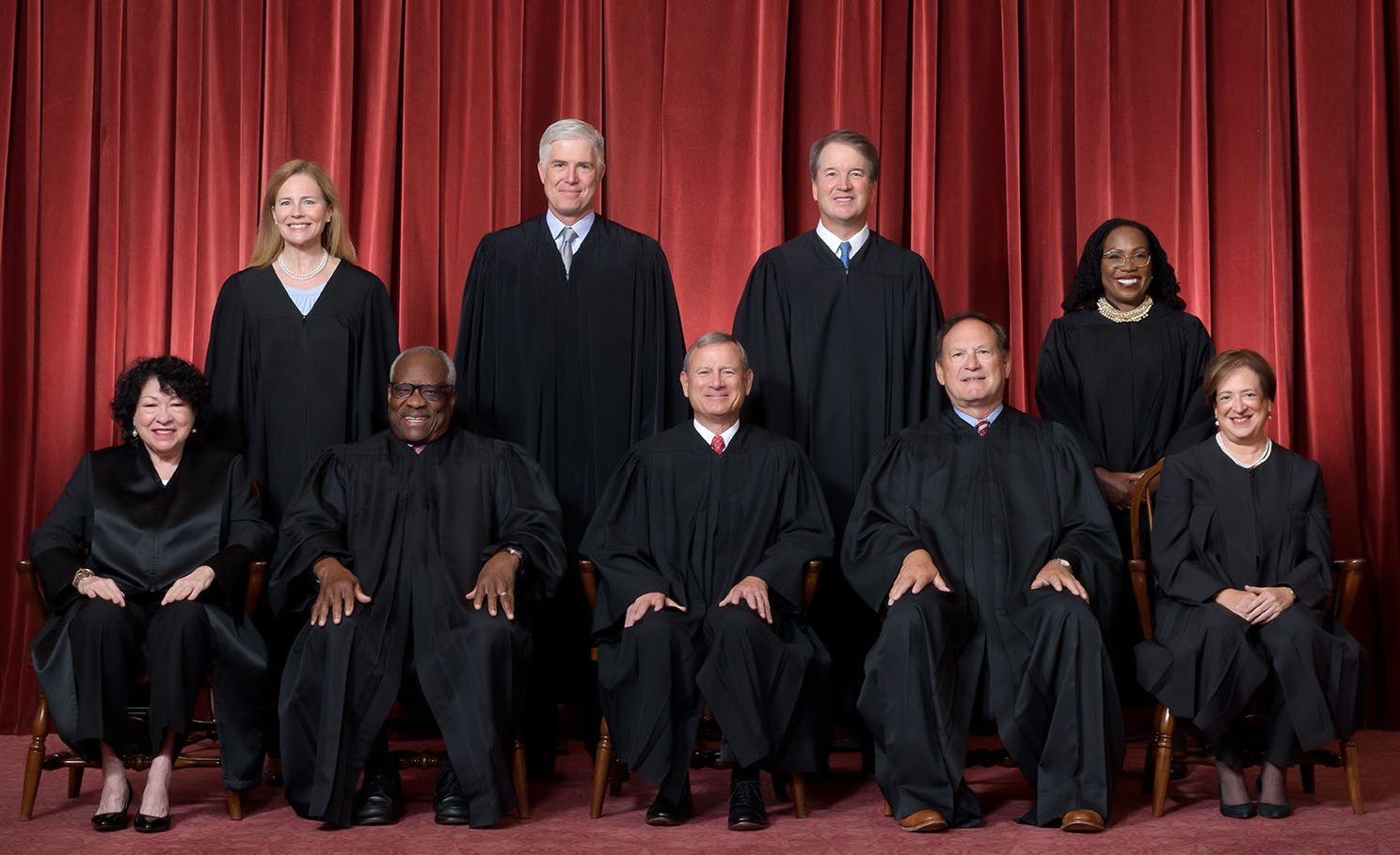May 3, 2023 – The U.S. Supreme Court heard on March 20 oral arguments in a consolidated water rights case involving the Navajo Nation, the U.S. Department of the Interior (DOI), and the states of Arizona, Nevada, and Colorado. Yesterday, the American Bar Association summarized what is at stake.
summarized what is at stake.
The case, Arizona v. Navajo Nation, revolves around the federal government’s trust duty to manage the Lower Colorado River in order to protect the Navajo Nation’s un-adjudicated water rights claims.
The Navajo Nation argues that the DOI has not complied with its fiduciary duties to protect the Nation’s rights to Colorado River water in the Lower Basin. They base their argument on two treaties signed with the federal government and the implied reservation of water established in Winters v. United States.
The DOI and other intervening parties argue that a fiduciary duty cannot be imposed without express language in a federal statute, regulation, or treaty.
The Bar Association’s writers conclude that the case’s outcome could impact the water rights of various parties in the Lower Colorado River Basin, as well as the daily operational decisions of the Secretary of the Department of Interior. A decision is expected before the end of the Supreme Court term, potentially clarifying the complex relationship between tribal, municipal, and agricultural water rights, and the management of the over-allocated Colorado River.
A transcript of the March 20 oral arguments can be found here .
.


Leave a Reply